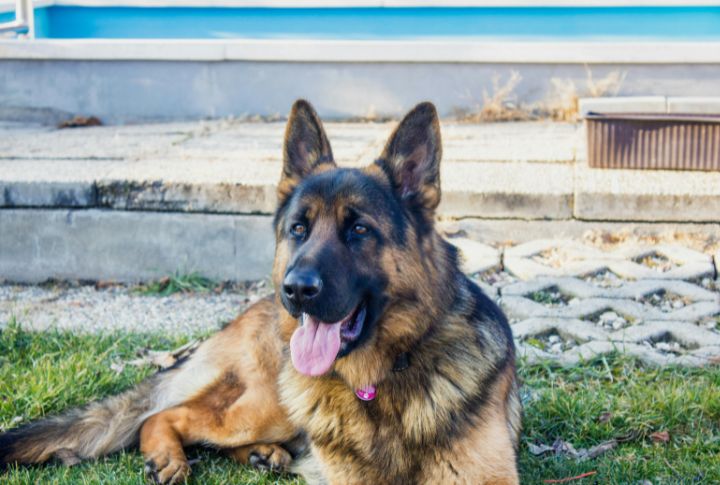15 Dog Breeds That Are More Likely to Experience Seizures

Epilepsy can be a daunting diagnosis for any dog owner, but knowing which breeds are more prone to this condition can help you prepare and respond effectively. Check out these 15 dog breeds most at risk for epilepsy, and learn how to spot early signs so you can ensure your dog gets the care they need.
Border Collie

Border Collies, well known for their intelligence and herding abilities, are also genetically predisposed to epilepsy. Regular mental and physical stimulation can help manage the condition. Owners should be vigilant about changes in behavior, like confusion or disorientation after a seizure.
Beagle

Prone to seizures due to their genetics, Beagles need a stable home environment and consistent vet care. Fortunately, most Beagles respond well to medication, enabling them to live long and active lives despite the condition. But, seizures can be triggered by stress, excitement, or changes in routine.
Boxer

While Boxers are known for their playful nature, epilepsy can affect them as they age. Consistent medication and a structured routine can help manage the condition. They may experience seizures that range in severity from mild to severe, with some dogs losing consciousness.
Dalmatian

Famous for their striking spots, Dalmatians are unfortunately prone to epilepsy. This breed may also have other inherited health issues, such as deafness, which can complicate care for those with seizures. Early intervention and monitoring are important, as seizures can vary in severity and frequency.
Schnauzer

A Schnauzer’s presence can be significantly challenged by epilepsy. Maintaining a calm, stress-free environment and seeking early diagnosis are essential to managing their condition. Despite their health challenges, they remain loyal, alert, and capable of maintaining a high quality of life.
German Shepherd

German Shepherds, celebrated for their intelligence and strength in roles like law enforcement and search and rescue, are genetically predisposed to epilepsy. Owners should watch for signs like sudden twitching or disorientation. Regular exercise and mental engagement are important for controlling epilepsy.
Poodle

Poodles are full of elegance, but epilepsy can be a problem for these otherwise strong dogs. With their sharp intelligence, they quickly adapt to medical routines. So, these highly trainable dogs can often recognize the onset of a seizure and prepare themselves.
Cocker Spaniel

The affectionate Cocker Spaniel is susceptible to epilepsy, emphasizing the importance of early detection. Routine care and veterinary support are critical. A proper treatment plan, including anti-seizure medication, can help manage the condition, even though it might occur suddenly.
Australian Shepherd

Seizures can interrupt the active lifestyle of Australian Shepherds. Maintaining a proactive health plan is essential for their well-being. As seizures may limit their herding abilities or their agility-based activities, early detection and treatment are essential.
Great Dane

Great Danes’ large size and personality come with a risk of epilepsy. Extra care and regular vet check-ups are necessary to manage their condition. Due to their large size, managing seizures requires additional attention to their overall health, as weight and diet can play a role in controlling the condition.
Doberman Pinscher

Dobermans, despite their powerful frame, can be affected by epilepsy. Active management and early diagnosis are key to maintaining their strength and overall well-being. Providing a stable, calm environment reduces the likelihood of seizures.
Shih Tzu

The Shih Tzu, a small and affectionate breed, may develop epilepsy, presenting symptoms such as disorientation, excessive drooling, or even fainting. Due to their small size, they can be more vulnerable during a seizure, requiring extra care and monitoring.
Irish Setter

Irish Setters, known for their boundless energy, can be affected by epilepsy, particularly cluster seizures that occur in quick succession. Prompt medical intervention and routine care are essential. Mental stimulation helps reduce stress-related triggers and manage their condition.
Whippet

Whippets, with their slim build and speed, are prone to seizures, which can affect their ability to run and play. These fast, agile dogs require early epilepsy detection to manage the condition effectively. Regular health checks and a controlled environment help reduce stress, preventing frequent seizures.
Basset Hound

Basset Hounds, recognized for their droopy ears and slow pace, can also be affected by epilepsy. Symptoms such as confusion or tremors may occur. Consistent body movement and a balanced diet can help manage this health condition.





